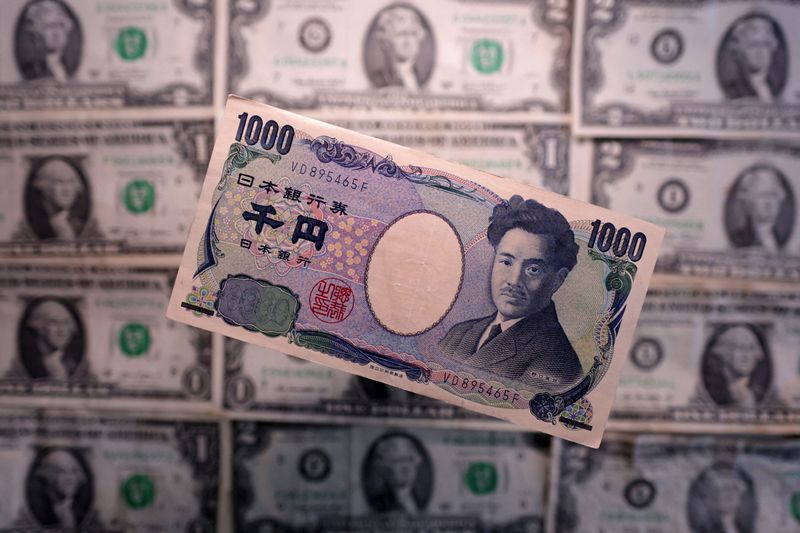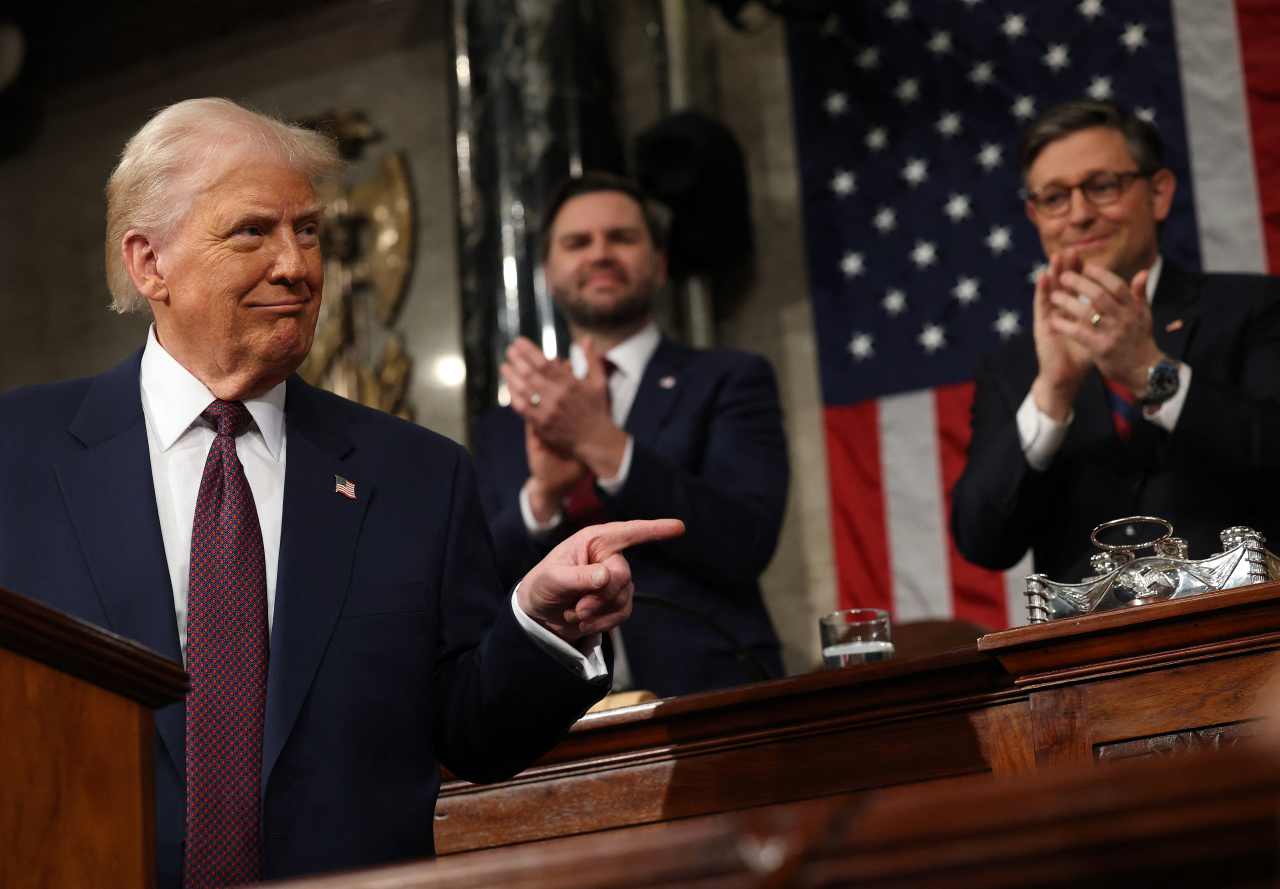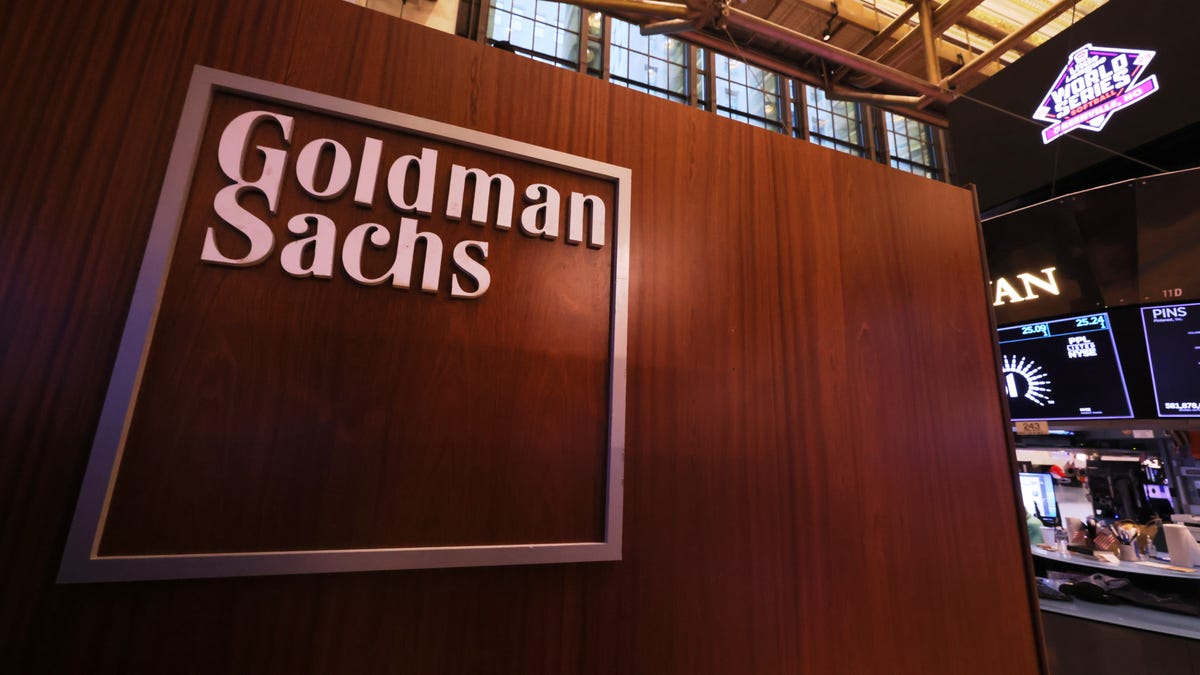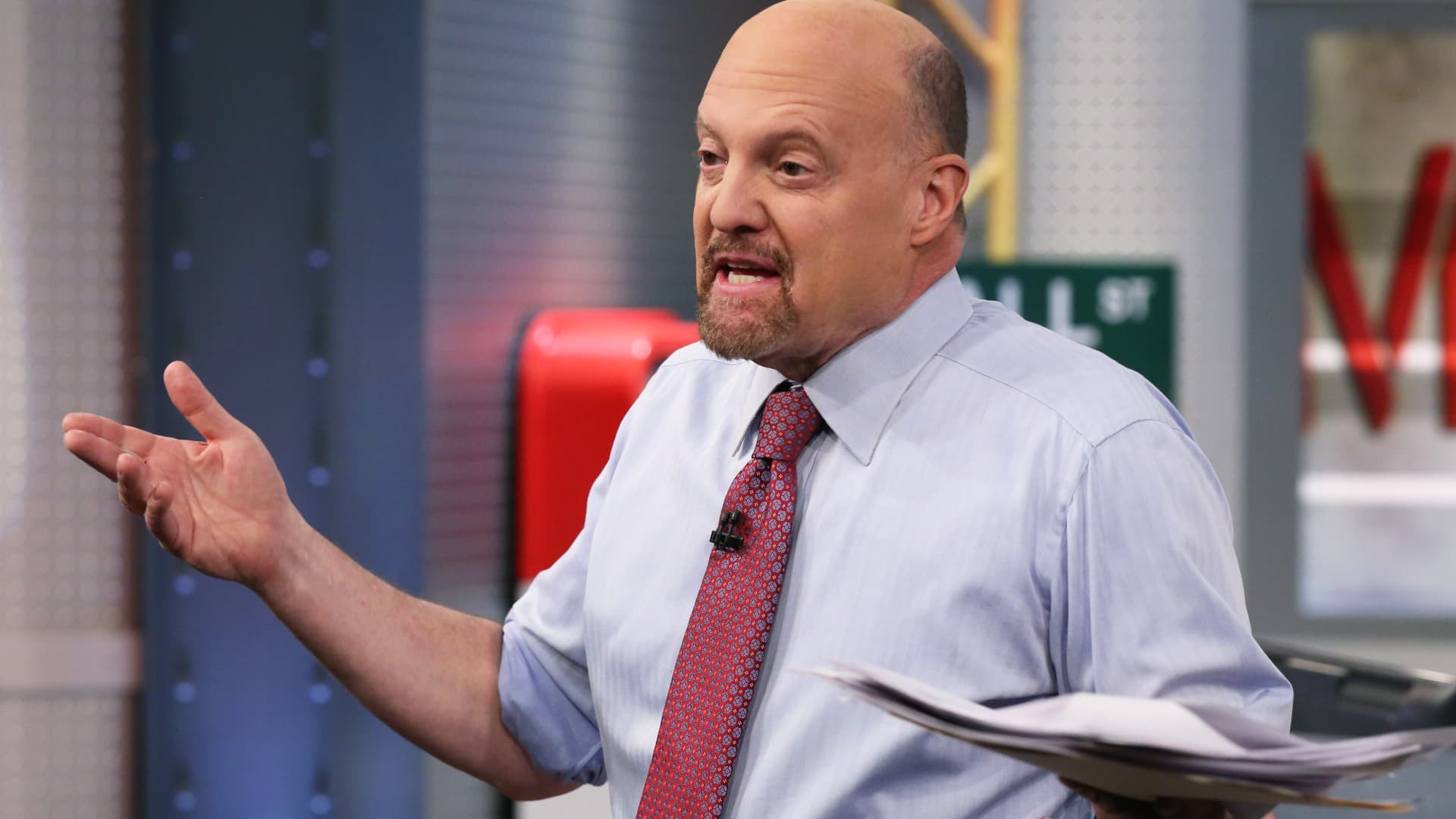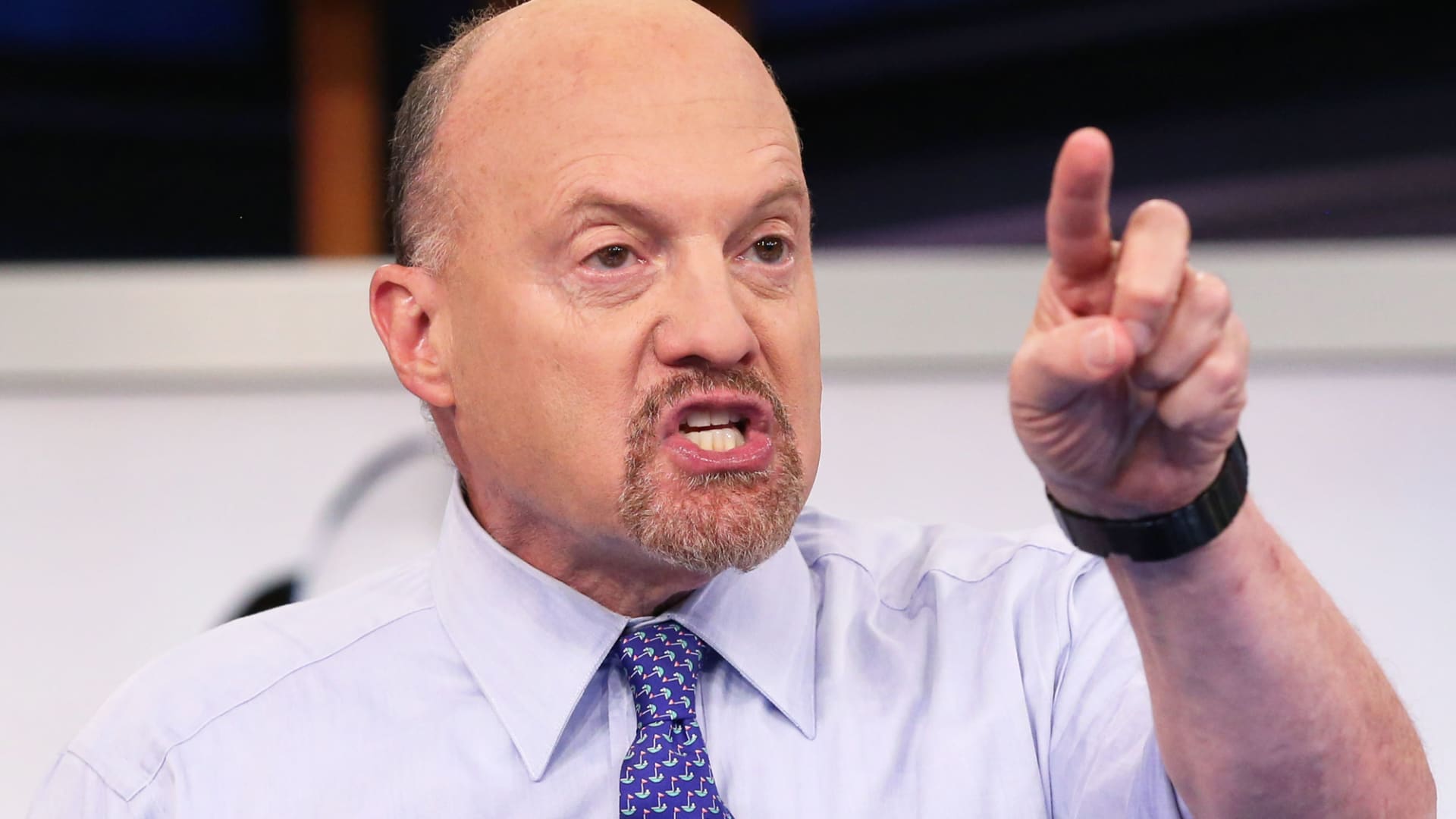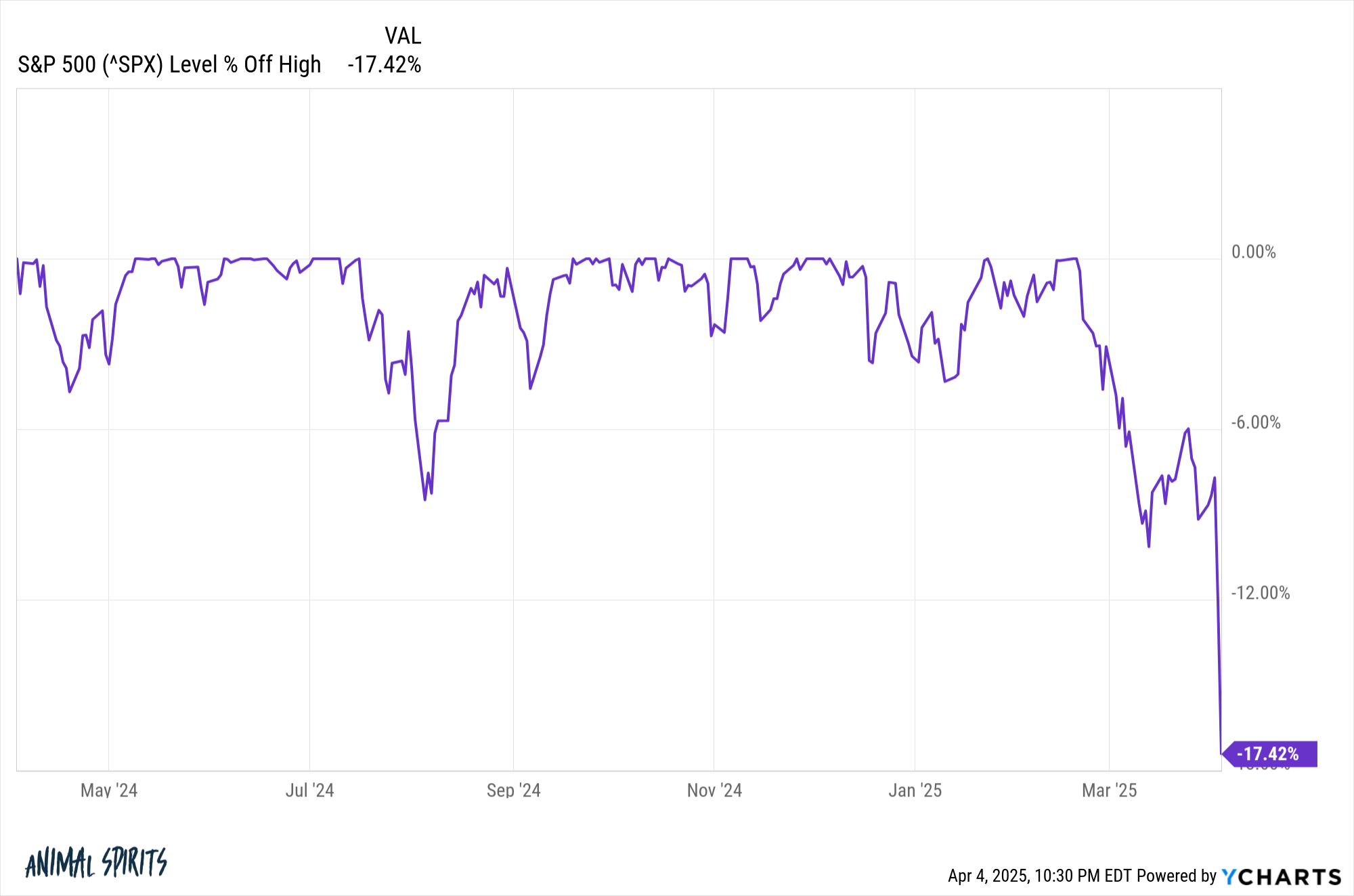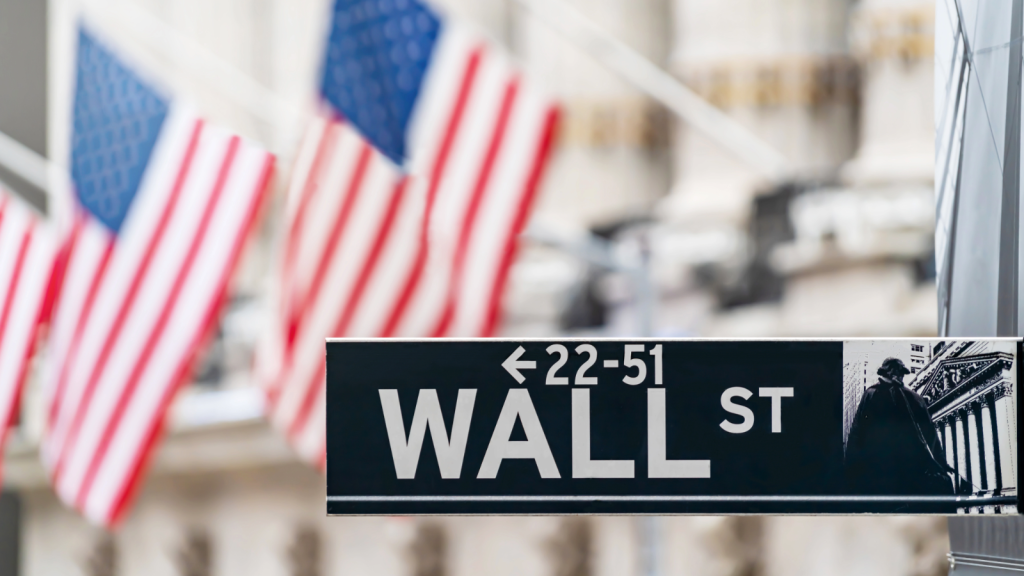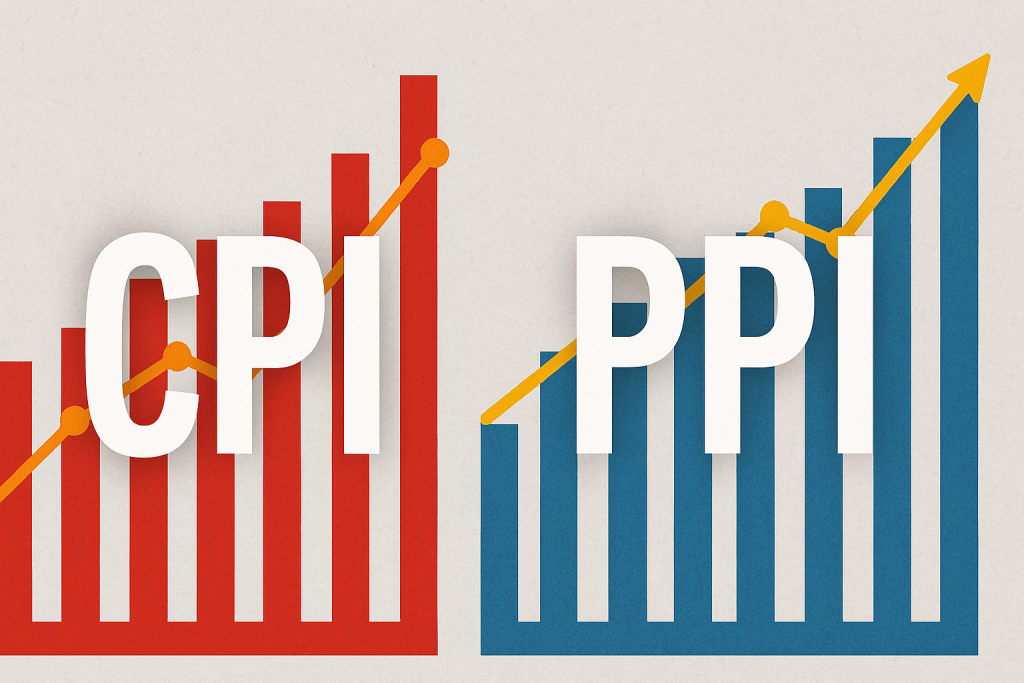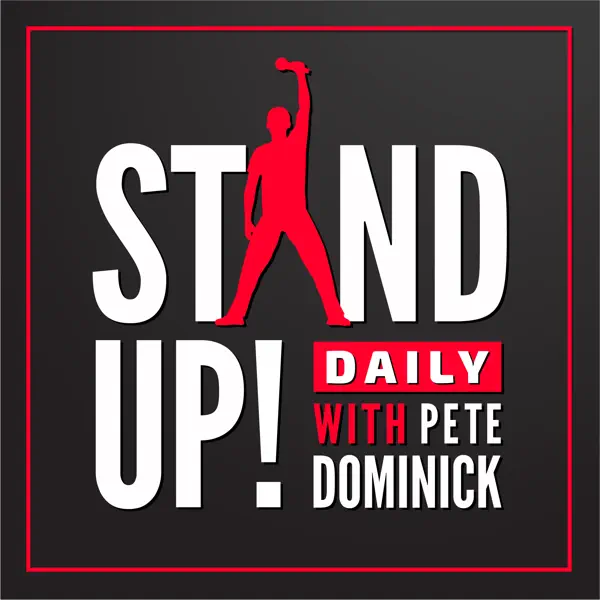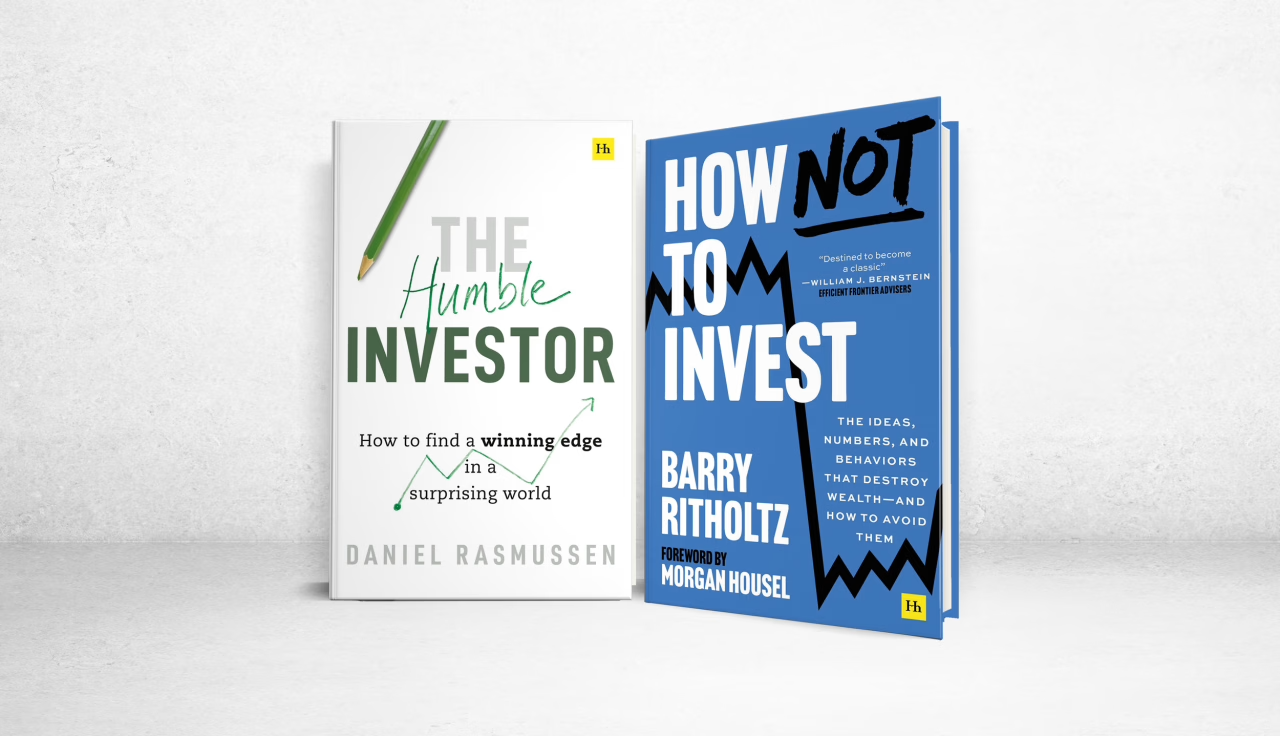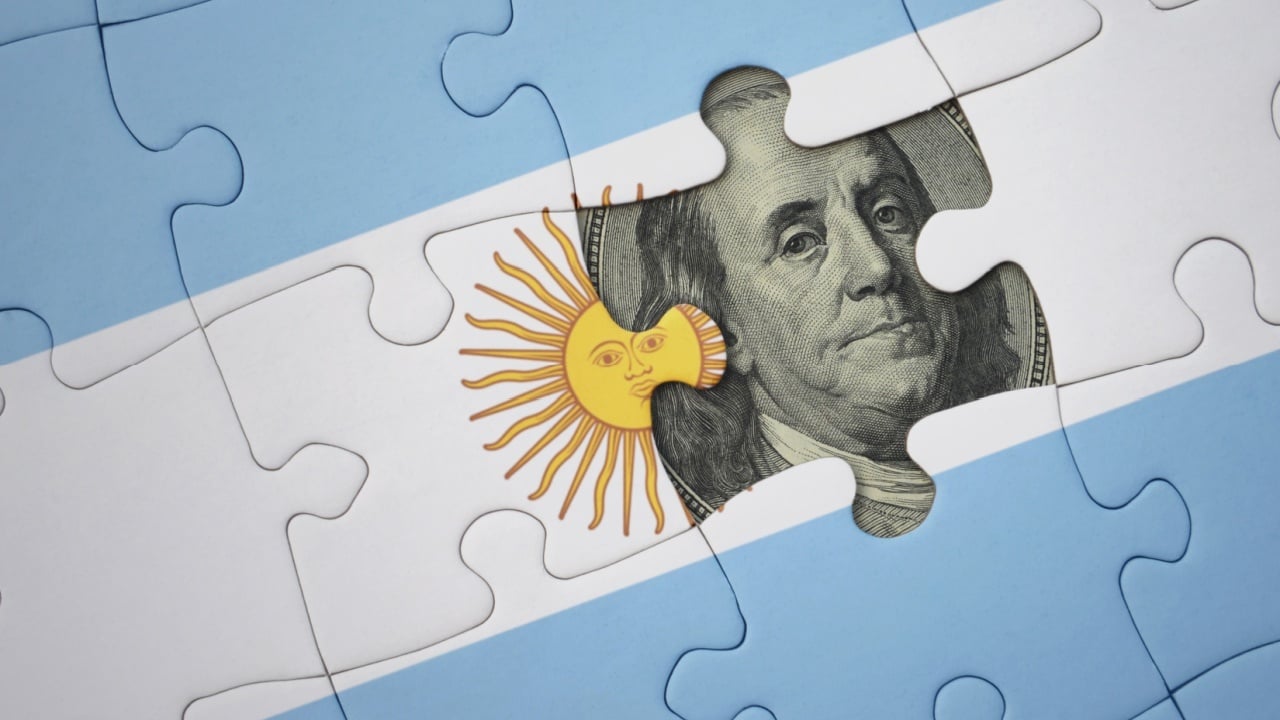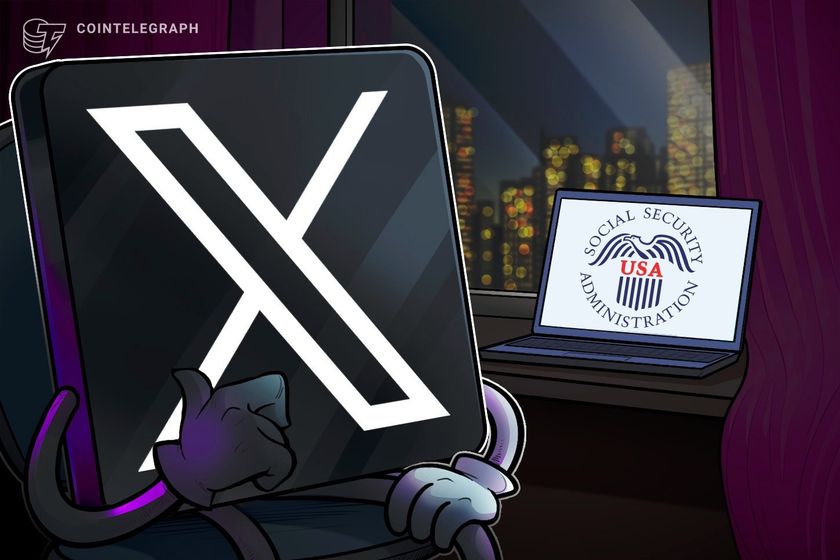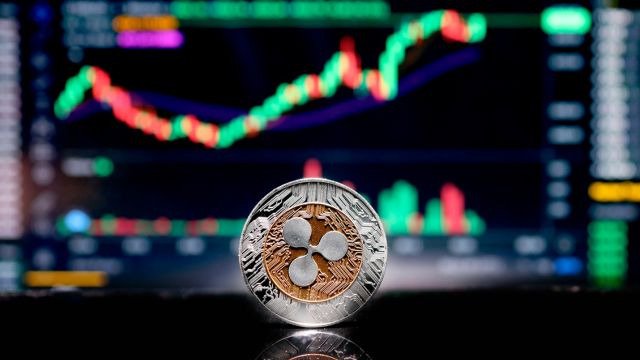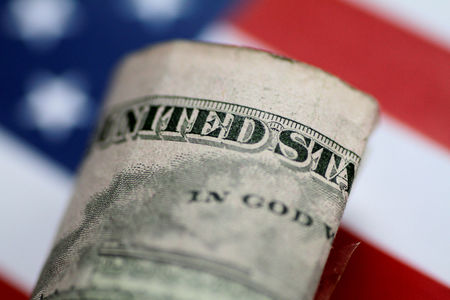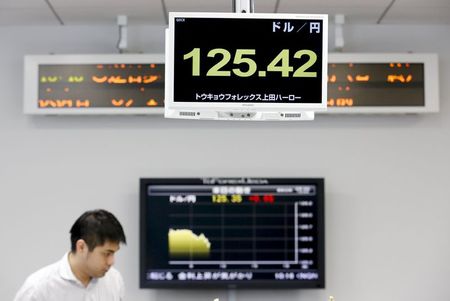Robert Kiyosaki says “the 401(k) is a trap for most people” – is he right?
Robert Kiyosaki is the author of “Rich Dad, Poor Dad.” He also has a very controversial opinion on 401(k) plans. While most financial experts recommend these workplace retirement plans and think investing in them is the key to a secure retirement, Kiyosaki believes they are a trap. The Rich Dad team has outlined several reasons […] The post Robert Kiyosaki says “the 401(k) is a trap for most people” – is he right? appeared first on 24/7 Wall St..
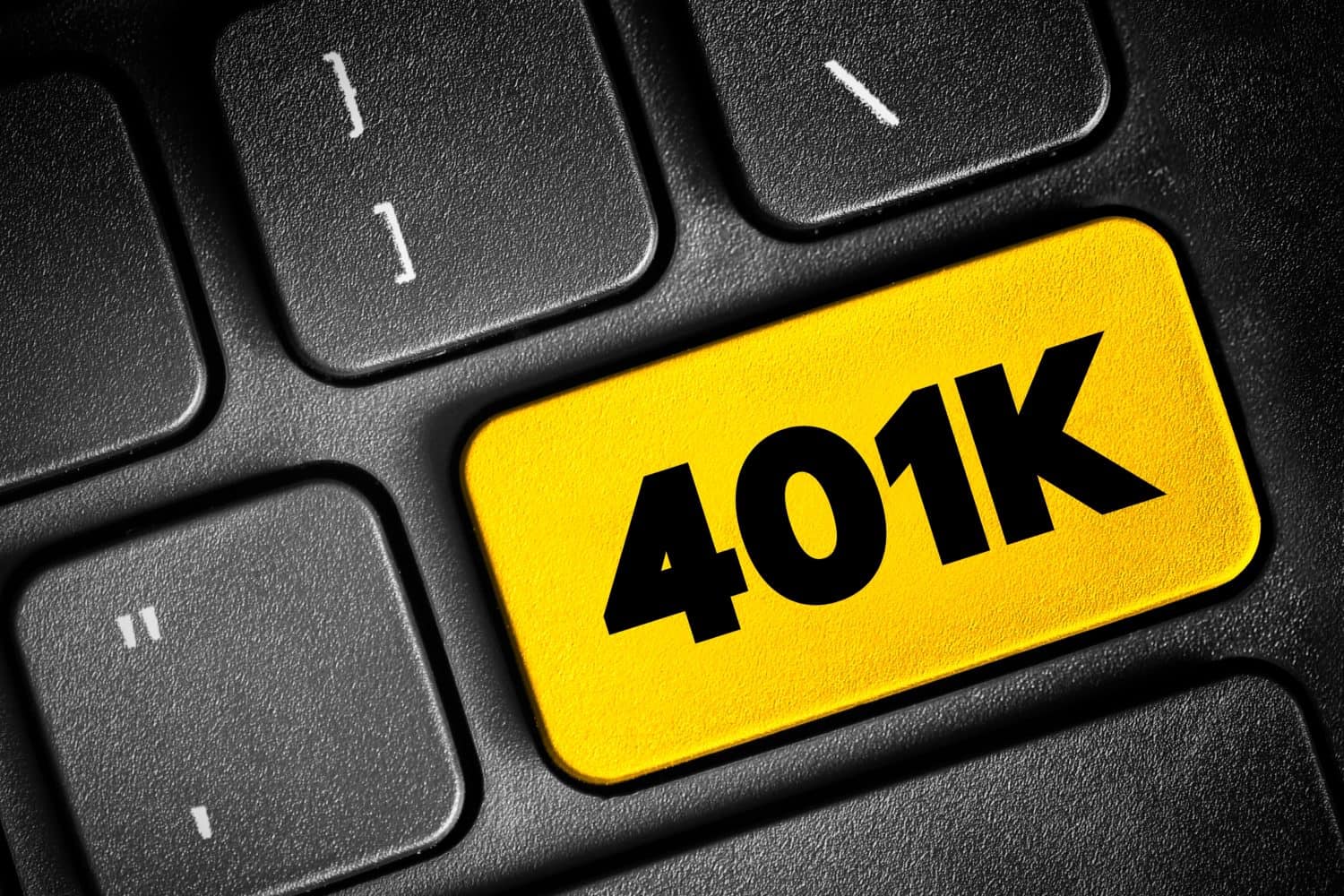
Key Points
-
Robert Kiyosaki says 401(k) plans are a trap.
-
He raised several issues, including that you pay taxes on 401(k) withdrawals at your ordinary income tax rate.
-
You should not listen to this advice, and you should keep investing in a 401(k).
-
Are you ahead, or behind on retirement? SmartAsset’s free tool can match you with a financial advisor in minutes to help you answer that today. Each advisor has been carefully vetted, and must act in your best interests. Don’t waste another minute; get started by clicking here here.(Sponsor)
Robert Kiyosaki is the author of “Rich Dad, Poor Dad.” He also has a very controversial opinion on 401(k) plans. While most financial experts recommend these workplace retirement plans and think investing in them is the key to a secure retirement, Kiyosaki believes they are a trap.
The Rich Dad team has outlined several reasons why, so let’s take a look at their points and try to determine if Kiyosaki is right or not.
These are the problems with 401(k) plans, according to Rich Dad
Some of the issues that the Rich Dad team has raised about 401(k) plans include the following:
- 401(k) plans are expensive: Some plans come with administrative fees. You also have a limited array of investment choices, and the investments within the 401(k) may have higher fees than those you would find elsewhere
- You don’t have much control over your plan: You have to participate in the plan your employer offers, the government sets maximum contribution limits that you have to abide by, and your investment choices are very restrictive in most 401(k) plans
- There are tax disadvantages. You pay taxes on withdrawals at your ordinary income tax rate instead of at the more favorable capital gains tax rate.
- Your employer match gives you a false sense of security. The Rich Dad team says employer matching funds are not a “benefit” but instead are compensation you should be entitled to anyway — and you could end up actually losing out on this compensation you deserve if you don’t contribute enough to earn the match.
Is Kiyosaki right?
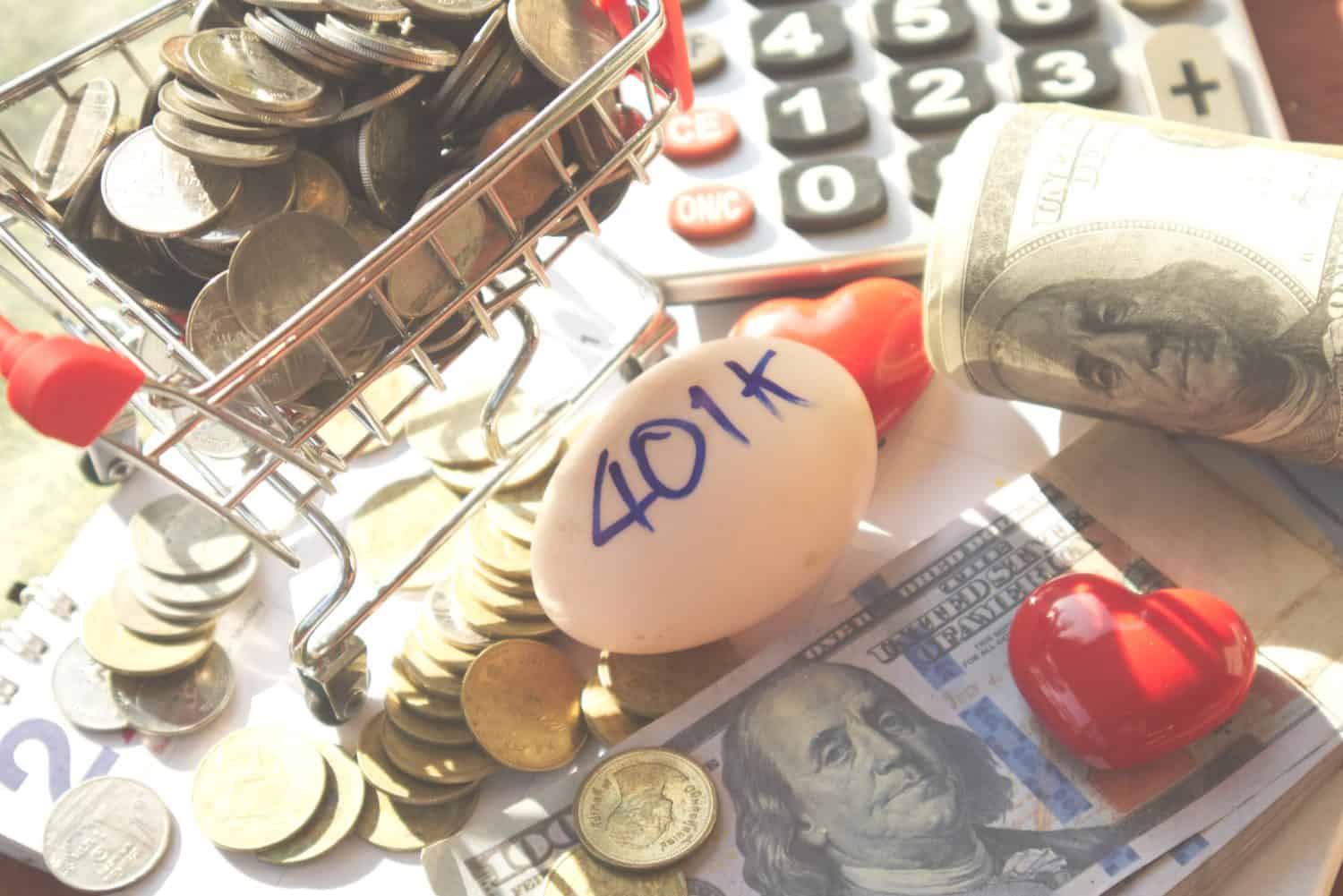
Kiyosaki makes some valid points. It is true you can end up paying higher fees in a 401(k), and it is also true you don’t control which investments you can access, or where your plan is held. And your investment choices are more limited.
However, many of his other points are flawed. Yes, you do have to pay taxes on withdrawals at ordinary income tax rates. But you’ve already received numerous tax breaks before you get to that point. You contribute to your account with pre-tax dollars, and your money grows on a tax-deferred basis. You don’t pay taxes every time you sell assets at a profit in your 401(k), and you can reinvest all the money you make in the account.
Plus, while it’s all well and good to say your employer owes you the money anyway and so contributions aren’t a valuable workplace benefit, the reality is your employer isn’t typically just going to give you a higher salary if you say you don’t want to contribute to a 401(k). Companies offer this money to incentivize retirement savings. You also are not taxed on your employer matching contributions, while you are taxed on your salary.
So, all in all, 401(k) accounts are not a trap. Contributing to one is one of your best chances at a secure retirement.
If you have a 401(k) at work, contribute enough to get your full employer match 100% of the time. Once you have earned your match, it doesn’t hurt to switch to contributing to a traditional or Roth IRA to get the benefit of a wider choice of investments and a choice of when to claim your tax breaks. But, once you have done that and maxed out your IRA limits, if you have more money to invest, go back to the 401(k) to get the tax benefits it offers.
You should also talk to a financial advisor about how much to invest, and listen to the advice of your advisor on what makes sense for you rather than listening to a financial guru on the Internet who knows nothing about your personal financial situation or about what’s right for you.
The post Robert Kiyosaki says “the 401(k) is a trap for most people” – is he right? appeared first on 24/7 Wall St..




